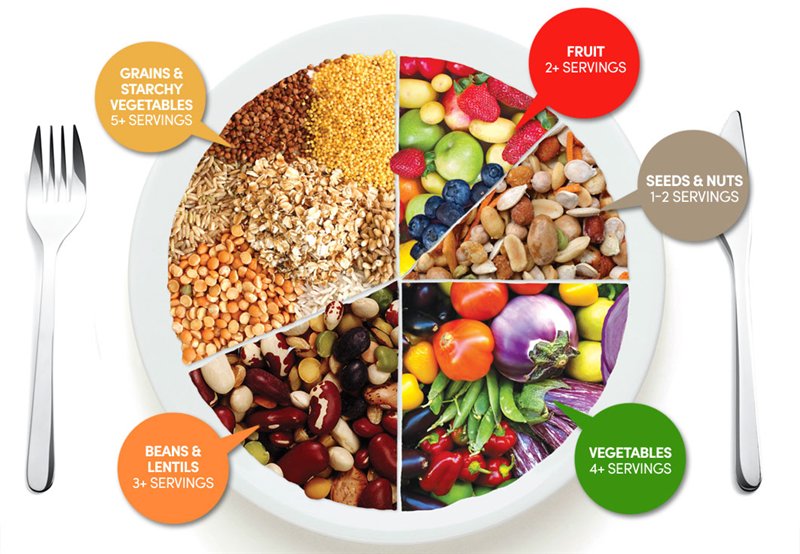Vegetarian Diet
A vegetarian diet is generally one that is plant-based and contains no meat. There are also different sub-types of vegetarianism. For example lacto-ovo vegetarians do eat some animal by-products such as dairy products and eggs, whereas lacto-vegetarians don’t include eggs in their diet, but they do eat dairy products.
Strict vegetarians may not consume any animal by-products at all, including dairy, eggs and honey.
Vegetarians are classified according to their animal meat restrictions and other omissions or additions that they follow in their diet.
Studies have shown benefits to a vegetarian diet, whereby vegetarians have lower risks of coronary artery disease, obesity, cancer and hypertension.
Becoming a vegetarian is often more than just changing your eating patterns and sticking to a fruit and veggie lifestyle. There are many vegetarians who consider themselves animal rights advocates and their diet only represents one aspect of their belief structure.
If you plan on changing to a vegetarian diet you must take care that key dietary needs formerly obtained from animal sources will be still available to you. This can be done by learning which plant, nut or grain sources supply the same nutrients.
Calcium
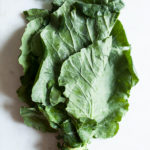 Milk and other milk products have long been touted as primary and even preferred sources of calcium, however the effectiveness of this source is being questioned by many.
Milk and other milk products have long been touted as primary and even preferred sources of calcium, however the effectiveness of this source is being questioned by many.
For vegetarians this isn’t a problem as they obtain their calcium through eating dark green leafy vegetables. There is an increasing belief that this form of calcium is more readily absorbed by our body.
Calcium plays a major role in keeping the bones healthy and in regulating several muscle and nerve functions. Most of your absorbed calcium intake is stored in your bones and teeth. It is important to ensure sufficient uptake as a deficiency will cause your body to leech calcium from your bones to carry out other vital functions.
Spinach, collard and kale are a few examples of veggies that are rich in calcium.
Protein
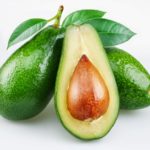 Many people wrongfully believe that vegetarians don’t get enough protein if they don’t eat meat. However, by choosing the right variety and quantities of protein in nuts, fruits and vegetables etc., your body need never be deprived of the protein it needs.
Many people wrongfully believe that vegetarians don’t get enough protein if they don’t eat meat. However, by choosing the right variety and quantities of protein in nuts, fruits and vegetables etc., your body need never be deprived of the protein it needs.
Avocado, asparagus, beet greens, spinach and peas are some examples of vegetables that are rich in protein.
Iron
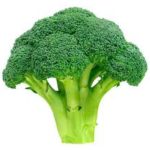 Iron is one of the most essential nutrients needed for efficient forming and function of hemoglobin, which serves as the oxygen carrier in our blood. A deficiency in iron may cause anemia, a condition which is more common in women and children.
Iron is one of the most essential nutrients needed for efficient forming and function of hemoglobin, which serves as the oxygen carrier in our blood. A deficiency in iron may cause anemia, a condition which is more common in women and children.
Most vegans and vegetarians do have satisfactory levels of iron in their body. Part of the reason for this is that a vegetarian diet contains vitamin C which encourages iron absorption. Many vegetables favored by vegetarians have high levels of available dietary iron.
Broccoli, bok choy and tomatoes are a few vegetables that contain high levels of iron and vitamin C.
Omega 3 fatty acids
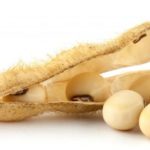 Omega 3 fatty acids are very needed for many functions and processes in our body. They help control blood clotting and aid in the formation of healthy cell membranes. Recommended amounts for one’s daily intake of omega-3 fatty acids varies from source to source. The majority of nutritionists and medical experts agree that the more omega-3 fatty acids you consume, the better it will be for your health.
Omega 3 fatty acids are very needed for many functions and processes in our body. They help control blood clotting and aid in the formation of healthy cell membranes. Recommended amounts for one’s daily intake of omega-3 fatty acids varies from source to source. The majority of nutritionists and medical experts agree that the more omega-3 fatty acids you consume, the better it will be for your health.
Soybean, flaxseed, walnuts, Brussels sprouts, kale and spinach are good sources of omega-3 fatty acids.
Other Nutrients
Some other key nutrients that must be included in your daily diet are vitamins D and B12 and the minerals zinc and iodine. These are all readily available from non-animal sources. To maintain peak nutritional health, a vegetarian’s diet will usually incorporate grains, legumes, nuts, vegetables and fruits.
Two million readers have found this video useful: How to Lose Weight Fast 10kg in 10 days. 1000 Calorie Weight Loss Plan. Meal Plan / Veg Meal Plan to lose 10kgs in 10 days / 22 LBS. Simple, Easy and Effective Diet for weight loss or follow to maintain your weight. Delicious & Low Cost. Tried & Tested!
[PC-Popup id=2]
